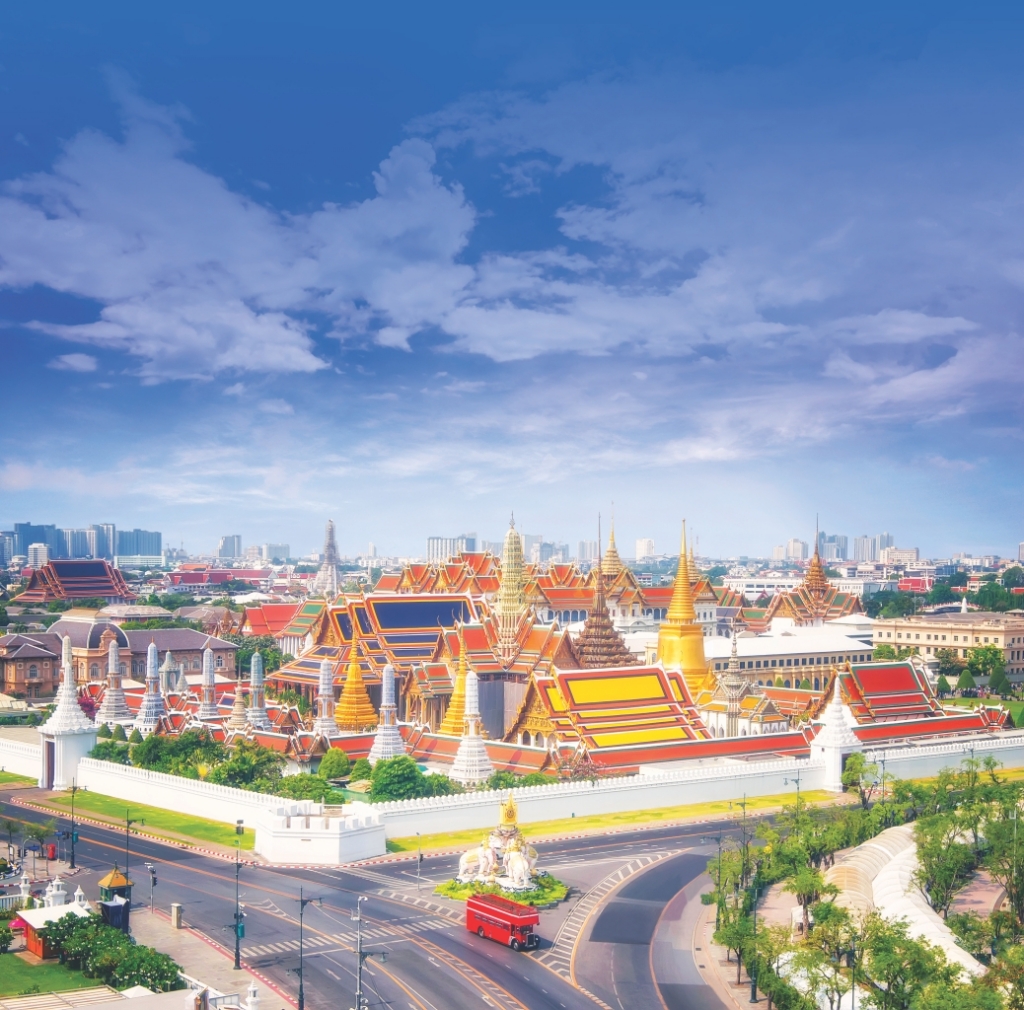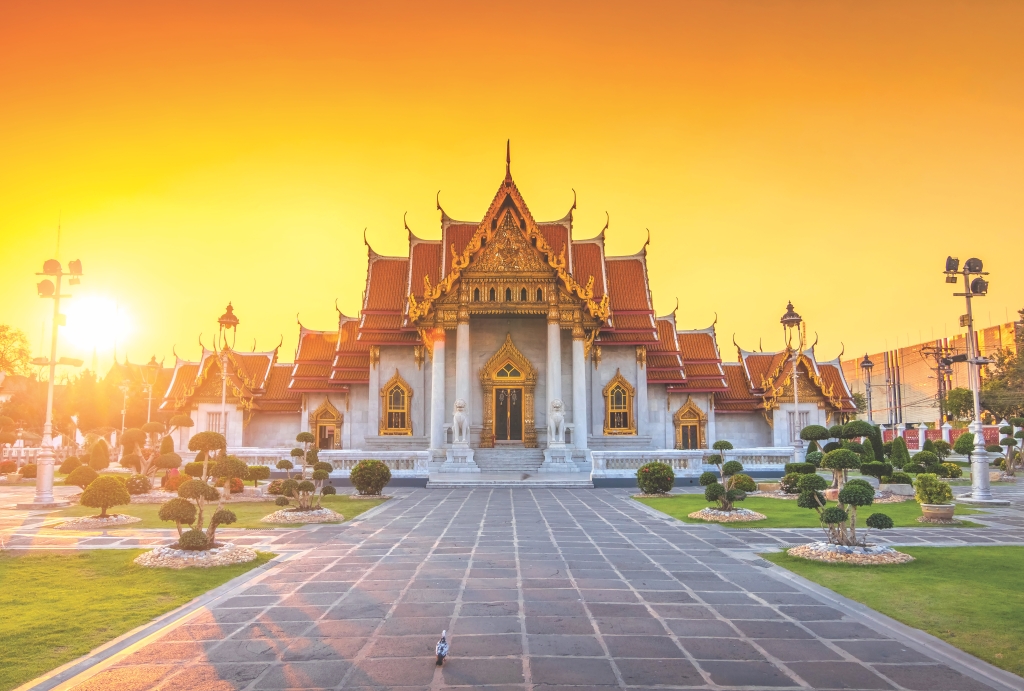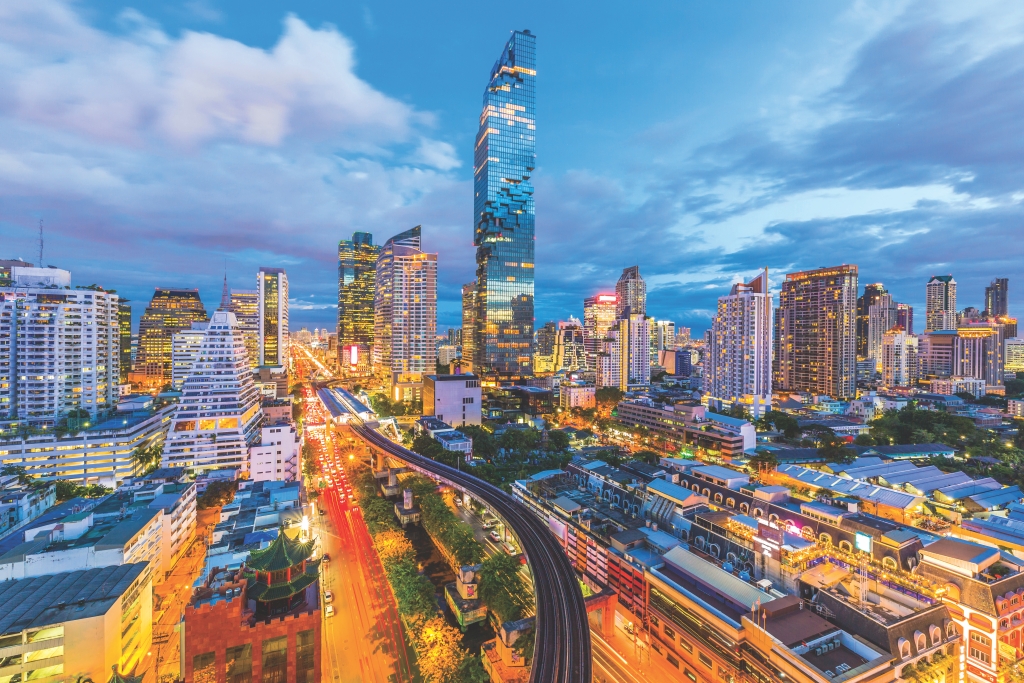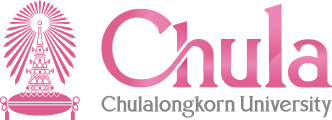Getting to know Thailand

Name:
Thailand (or Pra-Thet-Thai: ประเทศไทย, which in Thai, means “Land of the Free”)
Capital:
Bangkok (or Krung Thep: กรุงเทพฯ, meaning “City of Angels”)
Language:
Spoken and written Thai can be incomprehen- sible to temporary visitors; however, English is widely understood, particularly in Bangkok where it is used as the means of communication with foreigners. English and some European languages are spoken in most hotels, shops and restaurants in major tourist destinations and Thai-English road and street signs are found nationwide.
The Monarchy:
The Monarchy is regarded as the central unifying element in the triad of the nation, kingship and religion. The Thai people maintain deep respect for their Royal Family, and visitors should be careful not to show disrespect to the King, the Queen and royal children.

Religion:
Buddhism (95%), Islam (4%), others (1%)
Government and Administration:
Thailand has been governed by constitutional monarchy since 1932. The Parliament is composed of 2 Houses, the House of Representatives and the Senate.
Time:
The time in Thailand is seven hours ahead of Greenwich Mean Time (+7 hours GMT).
Climate:
Thailand enjoys a tropical climate with three distinct seasons – hot and dry from February to May (average temperature of 34 cํ and 75% humidity); rainy with plenty of sunshine from June to October (average day temperature of 29 ํc and 87% humidity); and cool from November to January (temperatures ranging from 32 cํ to below 20 cํ with a drop in humidity). Much lower temperatures are experienced in the North and the Northeast at night. The South has a tropical rainforest climate with temperatures averaging 28 cํ almost all year round.
Currency:
The Baht (Thai: บาท, sign: ฿; code: THB) is the currency of Thailand. It is subdivided into 100 Satang (สตางค์). The issuance of currency is the responsibility of the Bank of Thailand.

Electricity:
The electric current is 220 volt AC (50 cycles) throughout the country. Plug adapter kits should be used with items, such as electric shavers, hair dryers, tape recorders and other electric appliances.
Clothing:
Light, cool clothes are sensible and a jacket is needed for formal activities/events. Shorts (except knee-length shorts), sleeveless shirts, tank tops and other beach-style attire are considered inappropriate when not actually at the beach or in a resort area. Neat attire is required when entering temples or palaces.
Telephone Services:
At present, home telephone numbers (for local calls and long distance calls within the country) have nine digits, while mobile phone numbers have 10 digits.
- For Bangkok calls: the code is 02 followed by XXX XXXX.
- For provincial calls: an area code is added to the existing numbers. For example, the area code for Chiang Mai is 053 = 0 53XX XXXX; the area code for Phuket is 076 = 0 76XX XXXX.
- For mobile phones: 08 or 06 are added to the existing numbers, for example, 08 XXXXXXXX.
- The new system has no effect on international phone calls.
- The international dialing code for Thailand is 66. When making international calls to Thailand, dial 66 and omit the initial 0.
- When making international calls from Thailand, first dial 001+country code+area code+telephone number.
- When calling Laos or Malaysia, there is a special code which is charged at a semi-domestic rate.
- When calling Laos, first dial 007+856+area code+telephone number.
- When calling Malaysia, first dial 09+06+area code+telephone number.
- Direct assistance: 1133 (local), 100 (international).
Emergency Telephone Numbers:
- Central Emergency: (Police, Ambulance, Fire) 191
- Highway Patrol: 1193
- Crime Suppression: 195 or 0 2513 3844
- Tourist Police: (English, French and German spoken) 1155
- Tourism Authority of Thailand (TAT) Call Center: 1672
- Immigration Bureau: 0 2287 3101-10
- Pathum Wan Metropolitant Police Station: 0 2215 2991

